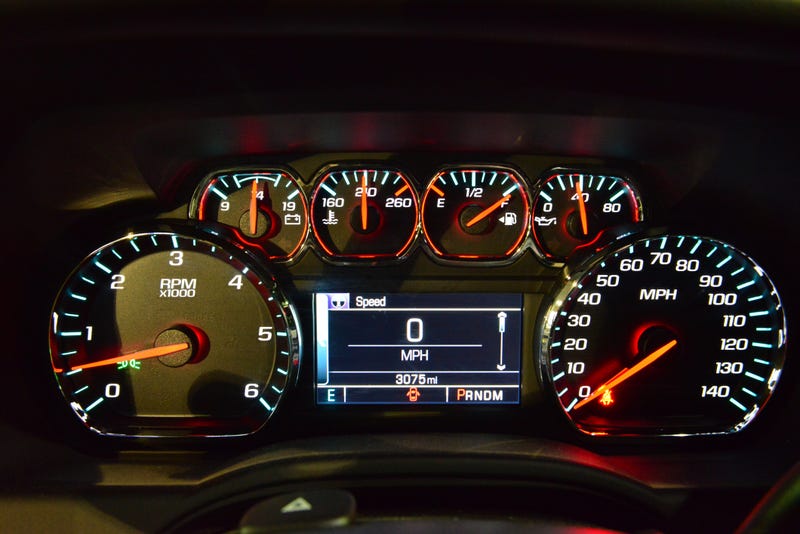
Pennsylvania Governor Wolf has said he wants to begin phasing out the state's gas tax. But tax experts say that's not really feasible without raising taxes elsewhere.
Pennsylvanians pay the second-highest gas tax in the nation - about 56 cents per gallon.
The tax is supposed to support the state's highway fund.
Ulrik Boesen, an analyst with the Center for State Tax Policy at the Tax Foundation, says change has made the tax less effective. "There are changes both in vehicles that can drive further per gallon of gas and more electric vehicles, so the gas tax is not as effective today as it used to be acting as proxy by how much we use the road."
Some other states are already piloting a mileage tax. "Some states are looking at what we call a vehicle's miles traveled tax, where instead of using gasoline as a proxy for how many miles you drive, they tax directly the amount of miles that people drive on highways," according to Boesen.
He says the biggest drawback to this type of tax is that it requires a tracking system.
"If he's gonna phase out the gas tax, he's gonna need a significant new tax to replace that revenue that's coming in through the gas tax right now and I think something like a vehicle miles traveled tax is one of his only options."
Boesen thinks we may also see increased tolls and vehicle fees. The problem with using a gas tax to fund infrastructure is that more electric and fuel-efficient cars will mean less revenue in the future.
He points out that the turnpike commission is about $15 billion in debt, despite the current gas tax.


